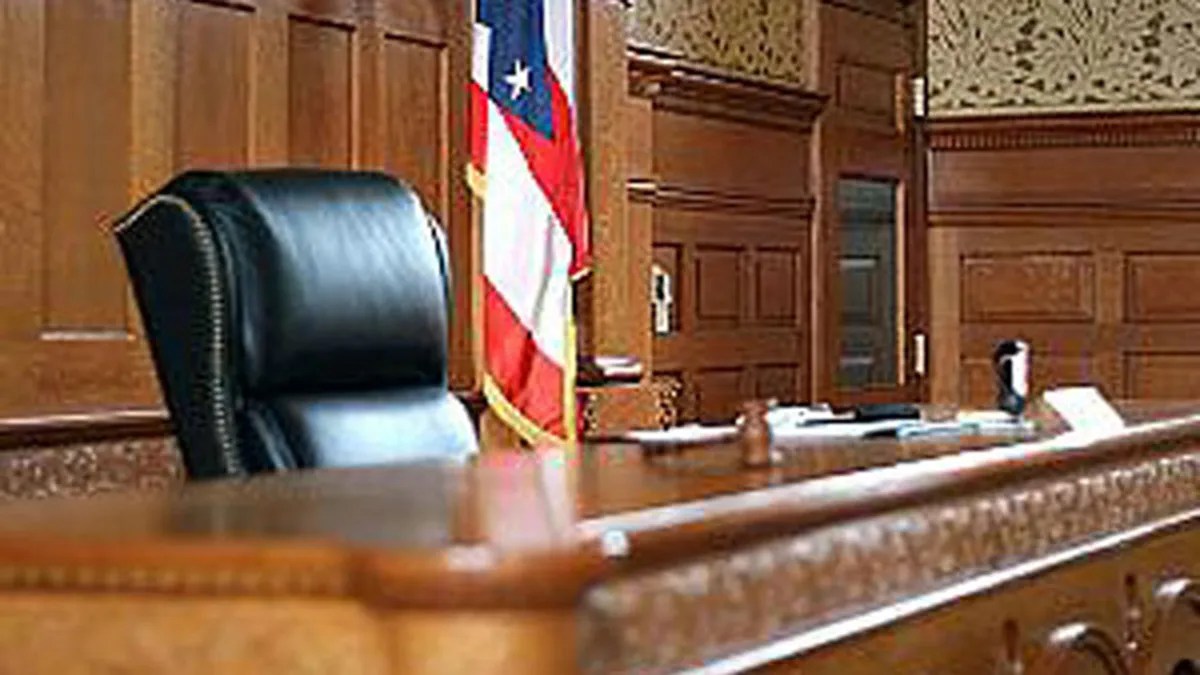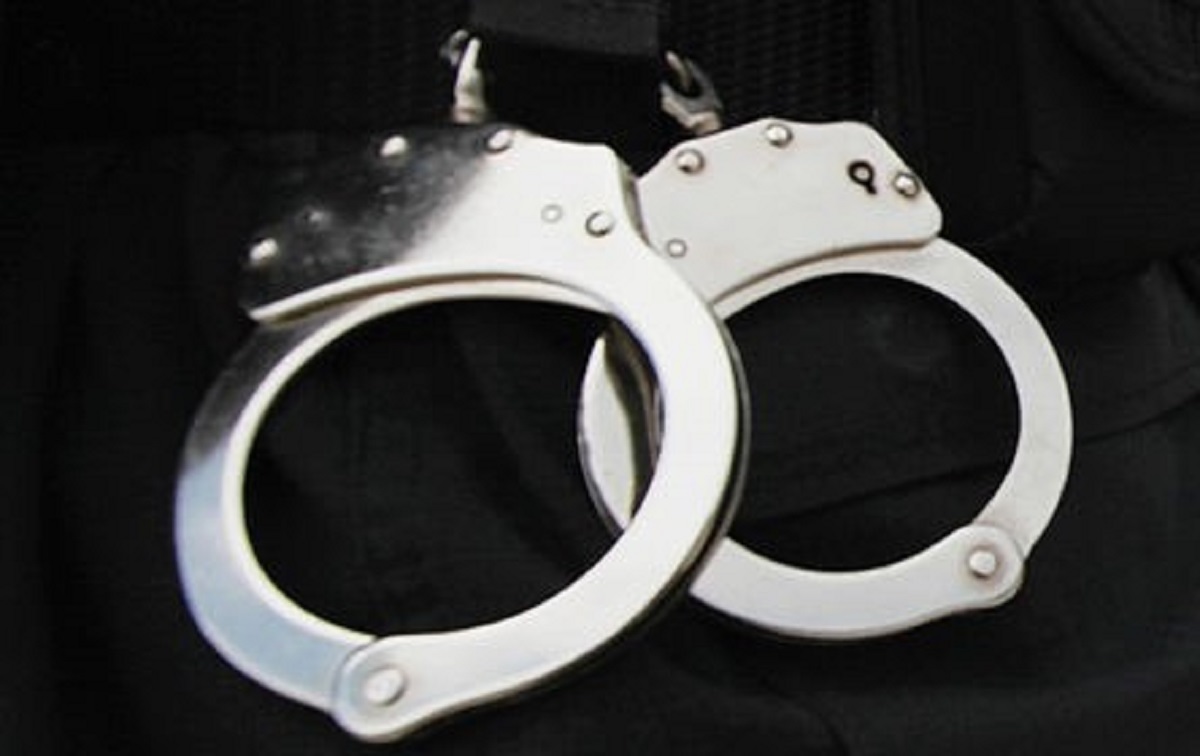The marathon will not take place in storm-ravaged New York City this Sunday, officials and organizers announced Friday.
Mayor Bloomberg had defended his decision to hold the 26.2-mile race as scheduled on Sunday, although many New Yorkers complained it would be insensitive and divert city resources at a time when many are suffering.
"Those of us who love this city and those of us who love this race recognize that it wasn't the marathon if it wasn't a unifying event," Deputy Mayor Howard Wolfson said.
Bloomberg earlier in the day said the marathon would "give people something to cheer about in what has been a very dismal week for a lot of people."
But after growing criticism, the event was called off. Organizers said changing the course or the date didn't make sense.
"The marathon has always brought our city together and inspired us with stories of courage and determination," Bloomberg said in a statement. "We would not want a cloud to hang over the race or its participants, so we have decided to cancel it."
The race had been scheduled to start in Staten Island, one of the hardest-hit areas by this week's storm. Storm victim Josephine Prestovino was emotional as she heard the news.
Local
"Thank God," she said.
Prestovino said the argument that the marathon would help begin to restore a sense of normalcy in the city was naive.
"When it's back to normal -- and I'm speaking for everyone who's been hurt by this disaster -- normal means a roof over their head, a warm bed to sleep in, a meal that you could cook and eat. To wash yourself. That's normal," said Prestovino. "That's where the normalcy begins. That's what people need, that's where it starts, in the home."
City and race officials considered several alternatives: a modified course, postponement or an elite runners-only race. But they decided cancellation was the best option.
Organizers will donate various items that had been brought in for the race to relief efforts, from food, blankets and portable toilets to generators already set up on Staten Island.
The cancellation means there won't be another NYC Marathon until next year.
"I understand why it cannot be held under the current circumstances,'' Meb Keflezighi, the 2009 men's champion and a former Olympic silver medalist, said in a statement. "Any inconveniences the cancellation causes me or the thousands of runners who trained and traveled for this race pales in comparison to the challenges faced by people in NYC and its vicinity.''
An estimated 40,000 runners from around the world had been expected to take part in the event.
Bloomberg still insisted that holding the race would not require diverting resources from the recovery effort.
Bloomberg's decision came just a day after he appealed to the grit and resiliency of New Yorkers, saying, "This city is a city where we have to go on.''
The nationally televised race winds through the city's five boroughs and has been held annually since 1970, including 2001, about two months after the 9/11 terrorist attacks.
Mary Wittenberg, president of the organizing New York Road Runners, said it was the right move to cancel.
"This is what we need to do and the right thing at this time,'' she said.
"It's been a week where we worked very closely with the mayor's office and felt very strongly, both of us together, that on Tuesday it seemed that the best thing for New York on Sunday would be moving forward. As the days went on, just today it got to the point where that was no longer the case.''
Wittenberg said she sensed an animosity toward runners in general as the week wore on. About 10,000 runners were expected to drop out after the storm arrived, she said.
Wolfson acknowledged that local businesses won't take in all of the $340 million the marathon was estimated to attract. But because many runners had already traveled to the city, money will still pour in.
Wittenberg said the relief fund announced Thursday had already raised $2.6 million.
Patrick Lynch, president of the Patrolmen's Benevolent Association -- the police department's largest union -- called the decision to cancel the marathon "a wise choice.''
ING, the financial company that is the title sponsor of the marathon, said it supported the decision to cancel. The firm's charitable giving arm has made a $500,000 contribution to help with relief and recovery efforts, and is matching employee donations.
As of now, NYRR is sticking to its policy of no refunds for the runners, but will guarantee entry to next year's marathon. But Wittenberg said that stance will be reviewed.
Eric Jones said he was part of a group from the Netherlands that collected $1.5 million to donate to a children's cancer charity if the runners competed.
"We understand, but maybe the decision could have been made earlier, before we traveled this far,'' said Jones, whose group came to New York a day earlier.
Steve Brune, a Manhattan entrepreneur, was set to run his fourth NYC Marathon.
"I'm disappointed, but I can understand why it's more important to use our resources for those who have lost a lot,'' he said.
Brune said he thinks foreign runners who traveled for the race will be even more disappointed.
"When you have a significant amount of people voicing real pain and unhappiness over its running, you have to hear that. You have to take that into consideration,'' Wolfson said.
"Something that is such a celebration of the best of New York can't become divisive. That is not good for the city now as we try to complete our recovery effort, and it is not good for the marathon in the long run,'' he said.
Earlier in the day, race preparations seemed under way as normal.
White tents where the runners would meet were already erected. Plastic crates lined the park's wall for two blocks, with tangles of electric wires and other setup equipment where workers buzzed around. A few TV news crews set up camp.
Along the race route in Queens, a couple of marathon banners hung from street lamps.
"I'm not a fan of what he's doing,'' Manhattan resident Michael Folickman said of Bloomberg's decision. "I think that if the bridge is cleared and the streets are clear, I don't think it'll wreak any more havoc than what's already been wreaked.''
"And I think it could be an uplifting experience for the city to have something exciting like that happen on top of this terrible hurricane,'' he said.
At the midtown New Yorker Hotel, the lobby was filled with anguished runners, some crying and others with puffy eyes. In one corner, a group of Italian runners watched the news with blank looks.
"I have no words,'' said Roberto Dell'Olmo, from Vercelli, Italy. Then later: "I would like that the money I give from the marathon goes to victims.''
Gisela Clausen, of Munich, told her fellow runners about the cancellation as they walked in.
"You don't understand. We spend a year on this. We don't eat what we want. We don't drink what we want. And we're on the streets for hours. We live for this marathon, but we understand,'' she said.



